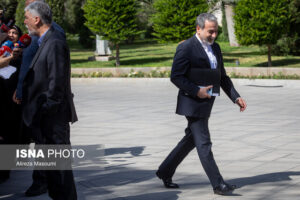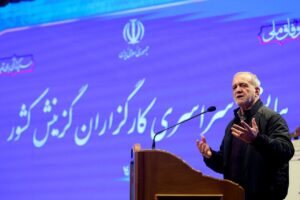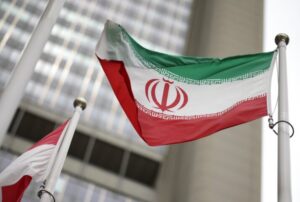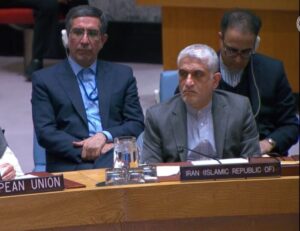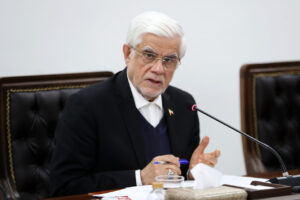Shina Ansari said that “war does not just take the lives of people!” This is a historical sentence said by different people in different ways. She explained that the effects of war remain for years on a country and its people. War takes lives and makes life difficult. Examples of this can be seen in Nagasaki and Hiroshima – cities that fell victim to the U.S.’s atomic attack – and Iran’s western cities like Sardasht, Khorramshahr, and Abadan, where the effects of war can still be seen decades later.
Ansari added that war influences important infrastructures like water sources, soil, forests, and pastures, and affects the quality of air. The emission of pollutants into the air caused by explosions, particularly in the first hours of attacks, the entrance of pollutants into water and soil, and extended fires in nature are among these effects.
Ansari said that during the 12-day Israeli war against Iran, in addition to the martyrdom of civilians, parts of the country’s natural infrastructure were damaged. She said that in the first days of the war, “the urgent committee for confronting war conditions” was formed and started estimating the damage and pollutants caused by the blatant violations of the Zionist regime.
Ansari said that according to reports, during the 12-day war, 9,000 hectares of forests and pastures in four zones were set on fire. The fires were caused by the remains of projectiles from the Zionist regime that targeted Iran’s military, scientific, and residential districts.
“In total, 13 districts under the protection of the Department of Environment have been burned in fires caused by the projectiles of the Zionist regime.”
Ansari said that the rangers of the Department of Environment are soldiers of the country, protecting its nature, water, air and soil.

